Uncategorized
-
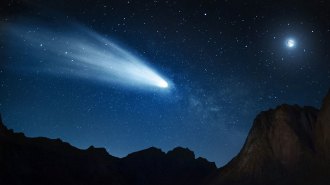 Astronomy
AstronomyIn a first, astronomers spotted a space rock turning into a comet
Scientists have caught a space rock in the act of shifting from a Kuiper Belt object to a comet. That process won’t be complete until 2063.
-
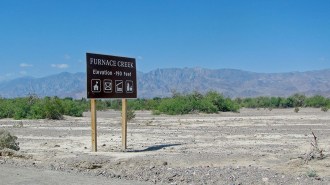 Earth
EarthDeath Valley hits 130° F, the hottest recorded temperature on Earth since 1931
Amid a heat wave in the western United States, California’s Death Valley is back in the record books with the third hottest temperature ever recorded.
-
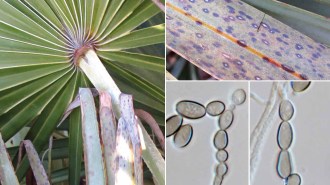 Life
LifeHow two new fungus species got named after the COVID-19 pandemic
Tiny fuzz on a beetle and fake leopard spots on palms now have Latin names that will forever nod to the new coronavirus.
By Susan Milius -
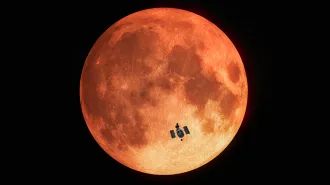 Astronomy
AstronomyHubble watched a lunar eclipse to see Earth from an alien’s perspective
Hubble observed sunlight filtering through Earth’s atmosphere during a lunar eclipse to see what a habitable exoplanet’s atmosphere might look like.
-
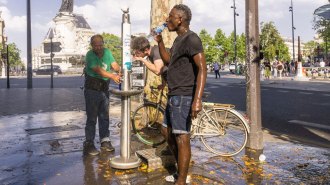 Climate
ClimateHurricanes have names. Some climate experts say heat waves should, too
A newly formed international alliance aims to raise awareness about extreme temperatures and protect vulnerable populations.
By Jack J. Lee -
 Psychology
PsychologyWhy do we miss the rituals put on hold by the COVID-19 pandemic?
Even solitary rituals bind us to our groups and help calm anxieties. What happens when those traditions are upended?
By Sujata Gupta -
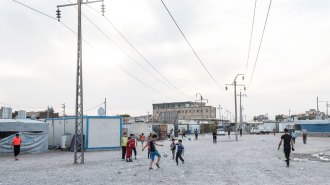 Science & Society
Science & SocietyInterfaith soccer teams eased Muslim-Christian tensions — to a point
Soccer bonded Christian and Muslim teammates in Iraq, but that camaraderie didn’t change attitudes.
By Sujata Gupta -
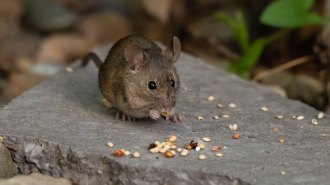 Neuroscience
NeuroscienceNewly discovered cells in mice can sense four of the five tastes
Some cells in mice can sense bitter, sweet, sour and umami. Without the cells, some flavor signals don’t get to the ultimate tastemaker — the brain.
-
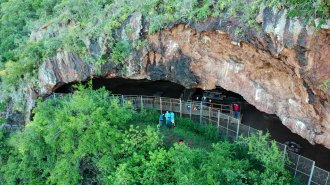 Archaeology
ArchaeologyThe oldest known grass beds from 200,000 years ago included insect repellents
Found in South Africa, 200,000-year-old bedding remnants included fossilized grass, bug-repelling ash and once aromatic camphor leaves.
By Bruce Bower -
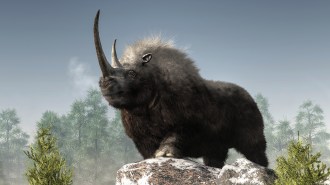 Life
LifeClimate change, not hunters, may have killed off woolly rhinos
Ancient DNA indicates that numbers of woolly rhinos held steady long after people arrived on the scene.
By Bruce Bower -
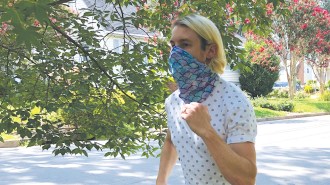 Health & Medicine
Health & Medicine4 reasons you shouldn’t trash your neck gaiter based on the new mask study
Despite news coverage to the contrary, the study was meant to figure out how to evaluate masks, not actually do the comparison.
-
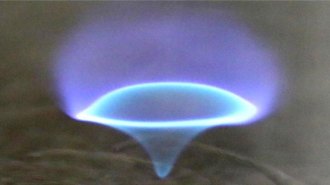 Physics
PhysicsFour types of flames join forces to make this eerie ‘blue whirl’
Pinning down the structure of the “amazingly complex” blaze could help scientists control it.